The Covid-19 ward at Larnaca general hospital has in the last few days admitted younger patients with more serious problems, head of the pulmonary ward Ioannis Demetriades said on Friday.
“The Covid-19 ward started operating in mid-March as the result of the worsening epidemiological picture in Cyprus. After the Famagusta, Limassol and Nicosia hospitals Larnaca and Paphos were activated,” he said.
“In recent days, the number of people being diagnosed with coronavirus is increasing and the pressure on the system remains at high levels.”
The average age of patients has decreased to 60 years, he added, due to vaccinations of the elderly.
“The youngest patient who is hospitalised in the Covid-19 ward of the Larnaca general hospital is 40 years old and the oldest is 57.”
Vaccination really saves lives, he stressed.
“At least in Cyprus, the elderly are no longer seriously ill, the average age of patients has fallen while the possibility of transmitting the virus is declining sharply. At the same time, complications from vaccines are very rare compared to the benefit of a person being vaccinated.”
The Covid-19 ward of the Larnaca general hospital employs 20 nurses, two caregivers, five doctors and two specialists. There is no intensive care so the seriously ill are transferred to another hospital for ICU.
Commenting on the reactions of the staff when they were told a ward treating coronavirus patients would be opened in Larnaca, Demetriades said “the reaction was that of any health professional who takes his profession seriously.”
We were never scared, he continued, “but we gladly responded to the challenge when a coronavirus ward was opened in Larnaca. We helped each other, we worked methodically and in a team to offer our fellow human beings the appropriate treatment and psychological support,” he said.
Member of the nursing staff Irine Raouka confirmed the staff were prepared to treat the patients.
“When people with coronavirus had to be treated, no staff member refused, they were all willing to help.There were cases when staff members had their own relatives in the hospital who became ill with coronavirus and had to be treated.
“The worst thing for a seriously ill person is to need the support of their family and not to get it,” she said.
The worst part for herself, she said, was that she had to leave her nine-year-old son to work without a break, on the one hand trying to get him to understand the situation and on the other to tell him not to be afraid.
Nursing Officer Marios Sergiou said that all nurses take a little risk with their profession since they must be very careful of catching anything, which could then be transmitted to their family. “There is always the risk of being infected with the virus, either by patients, or by the community, or even among ourselves, but we take the necessary protection and precautionary measures.”

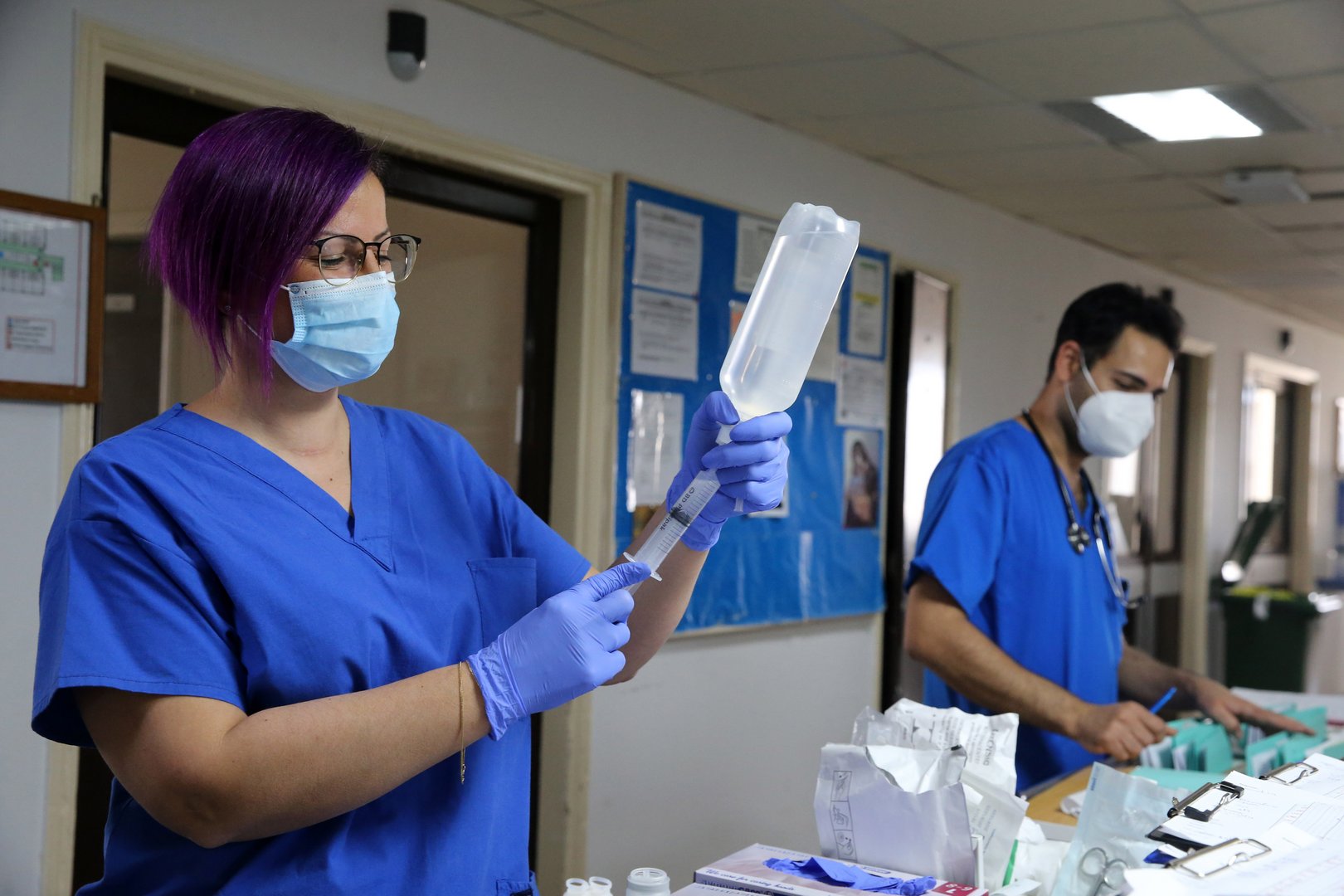
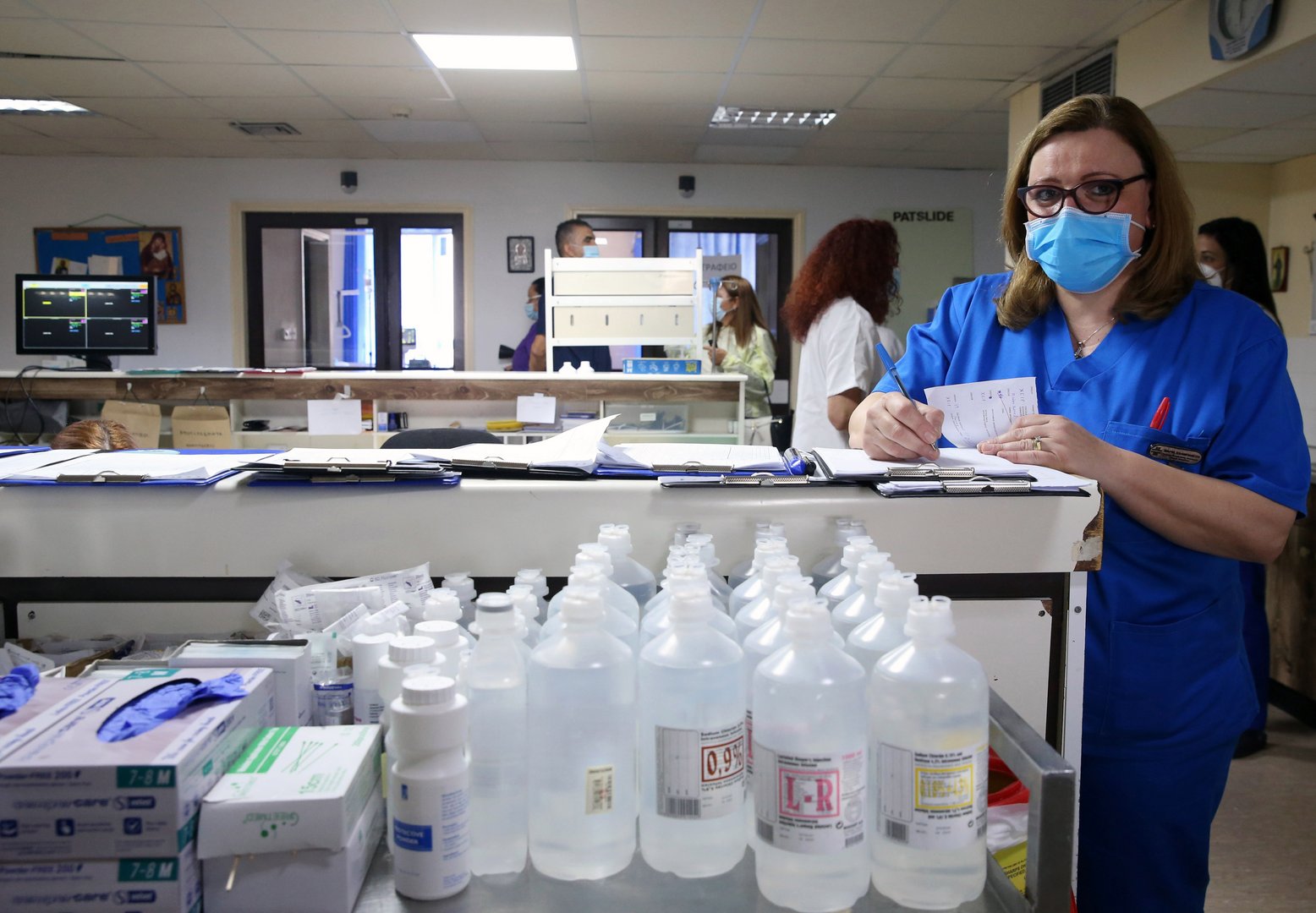
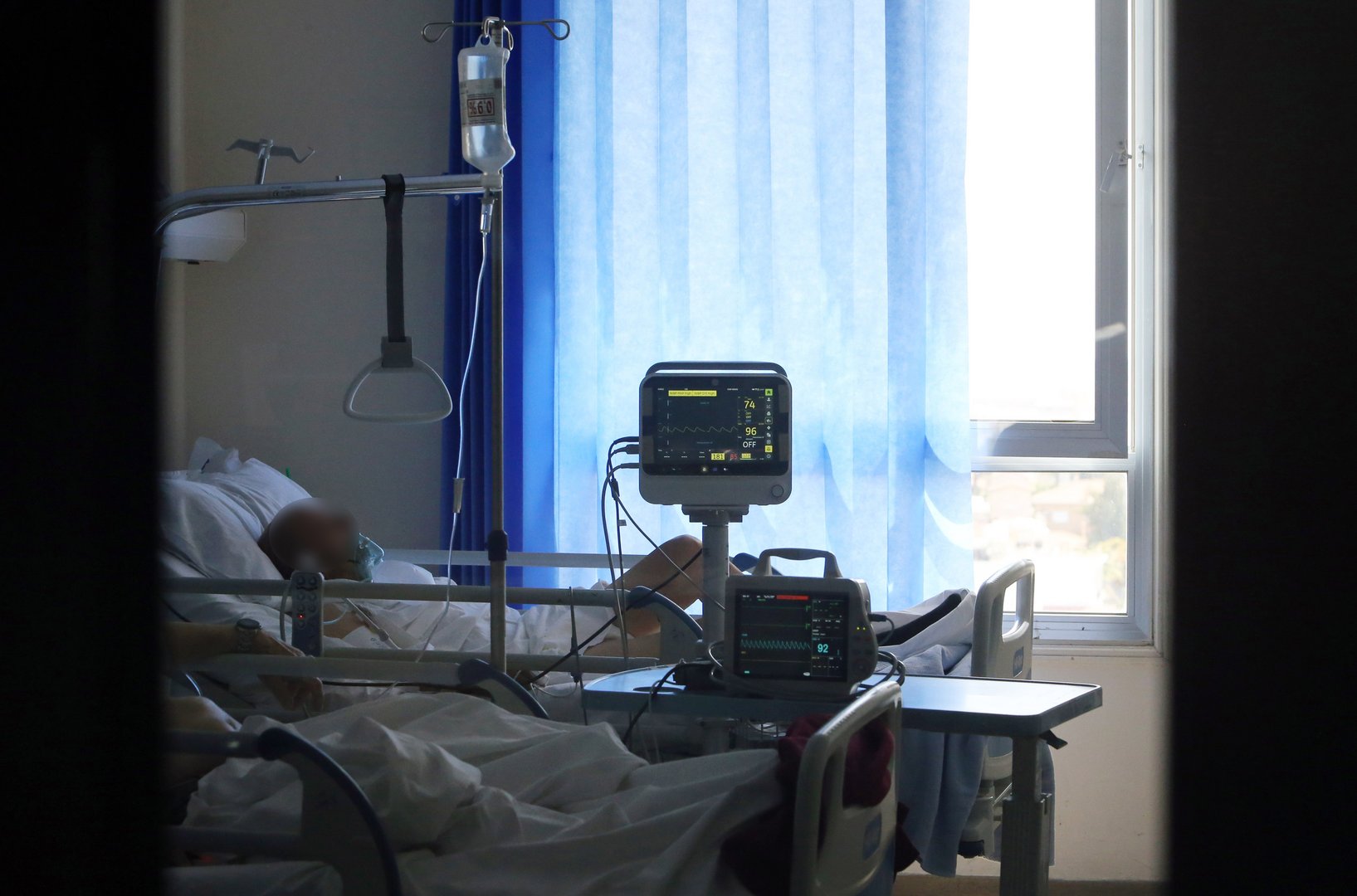
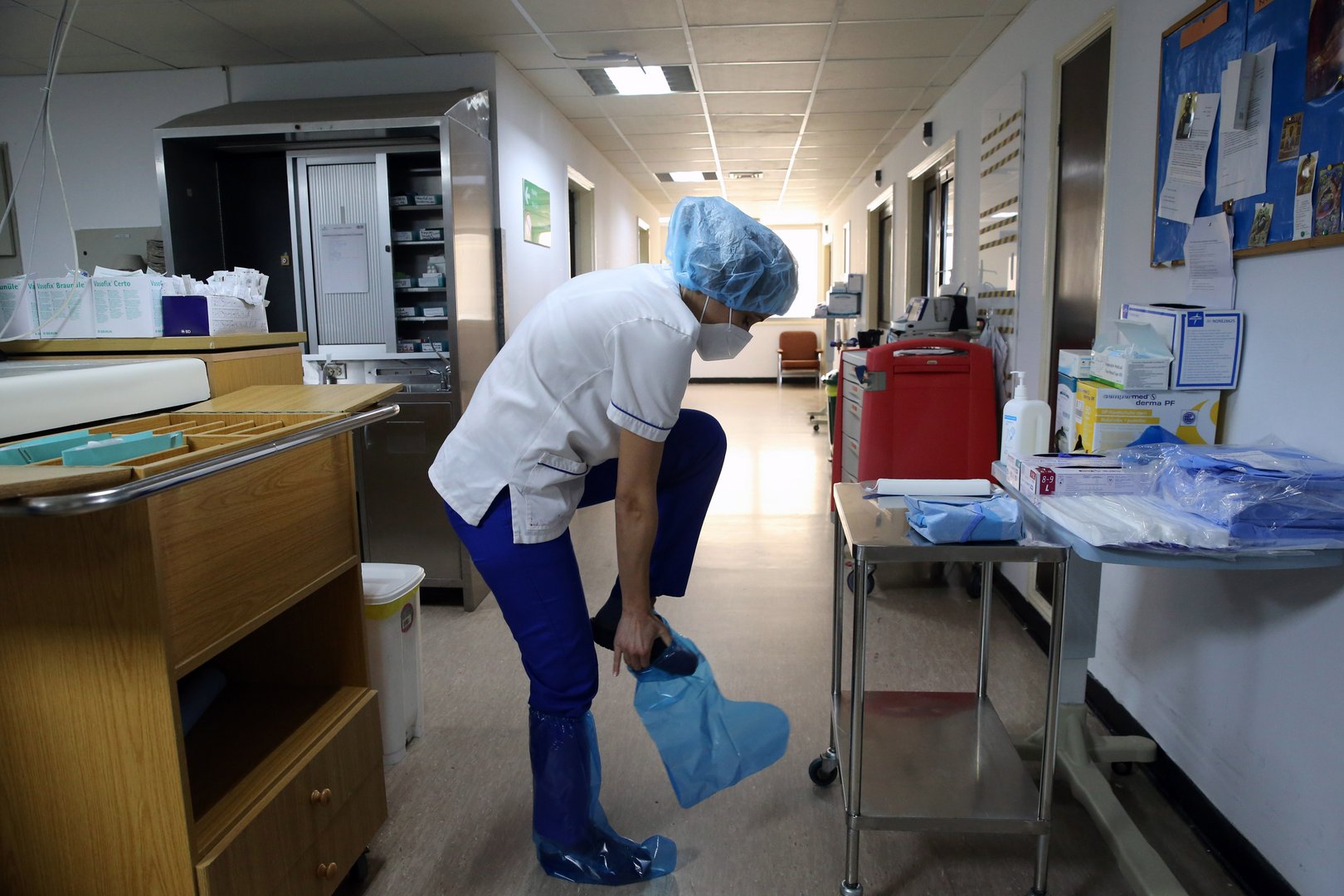
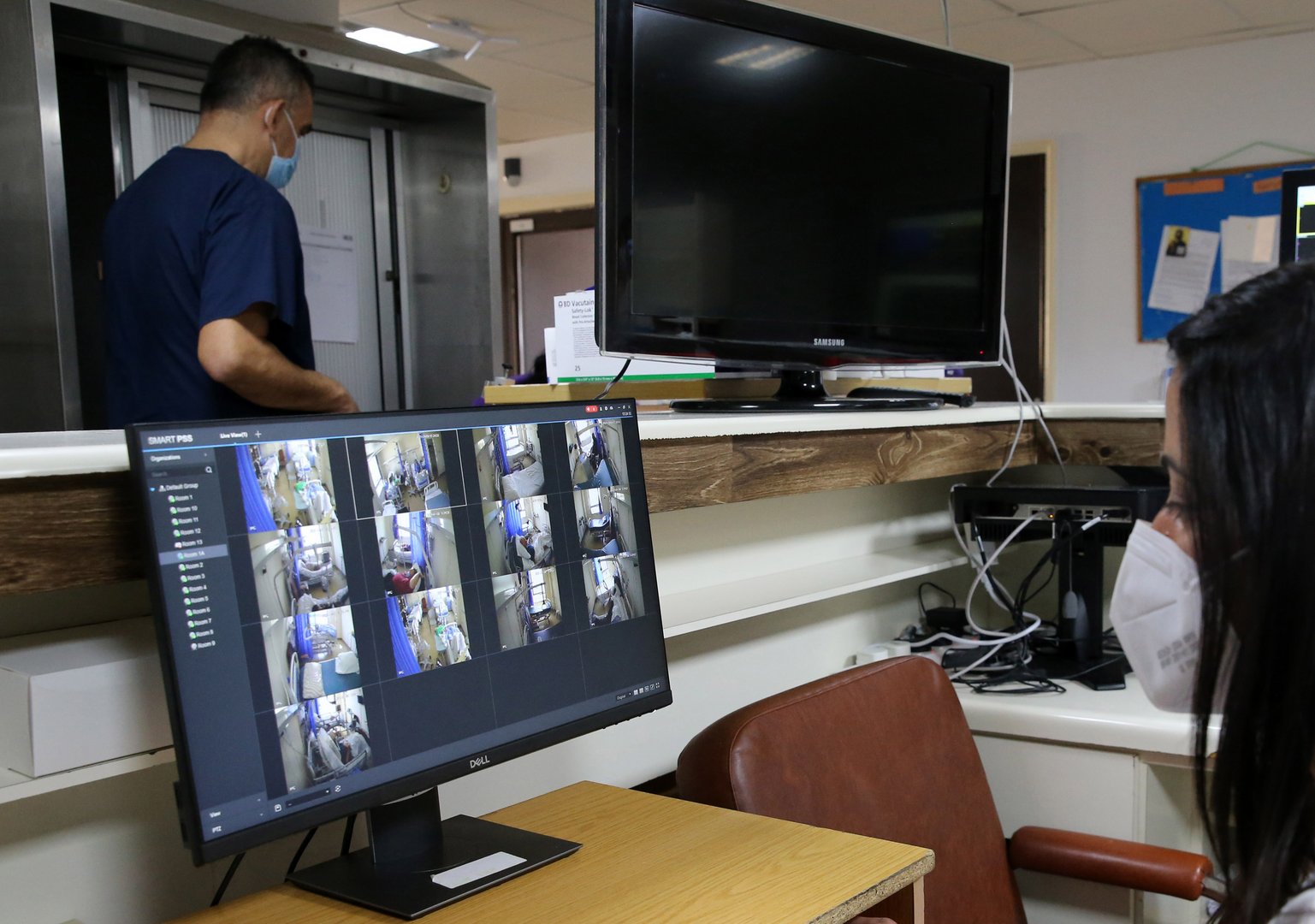
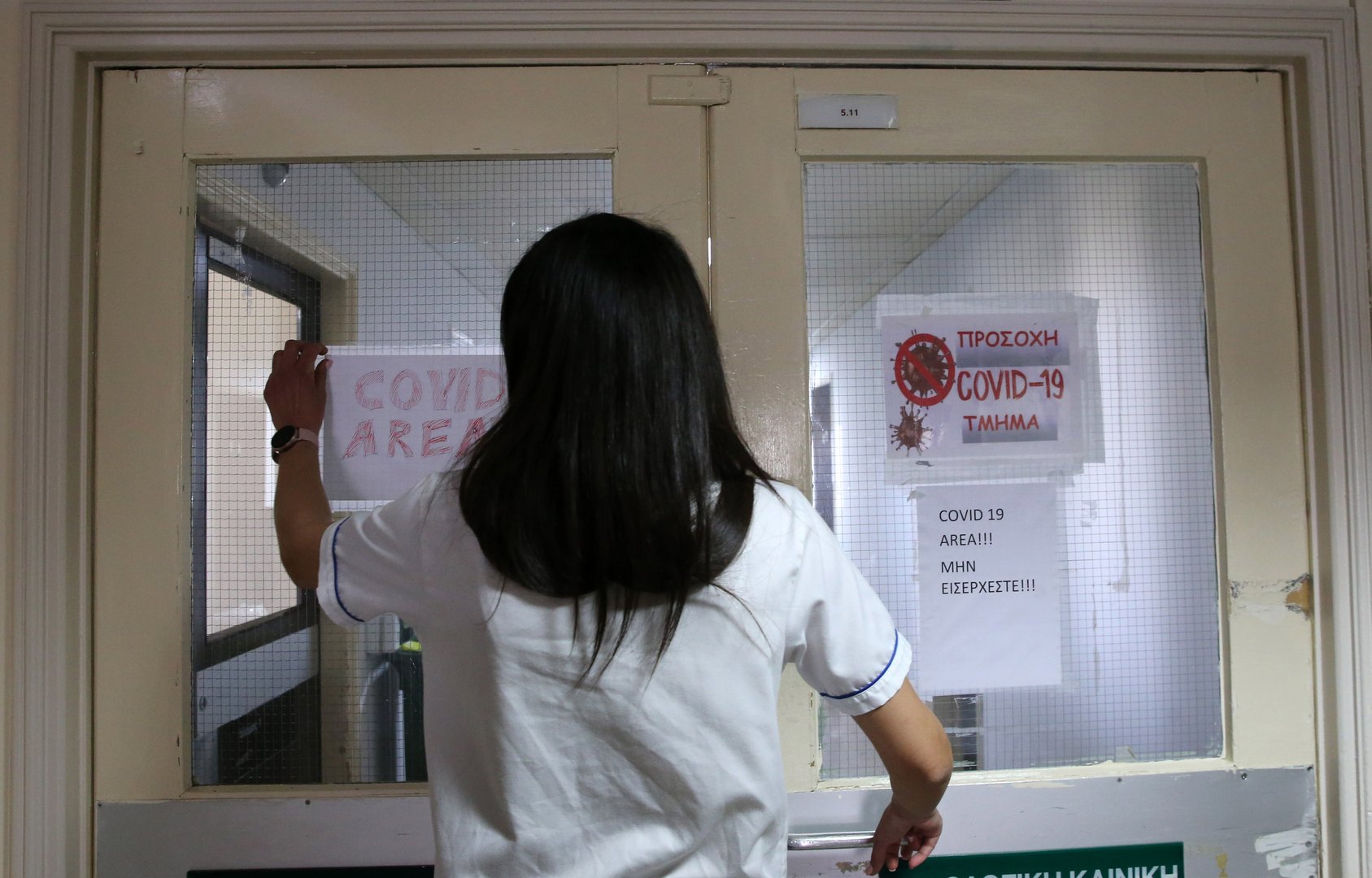





Click here to change your cookie preferences